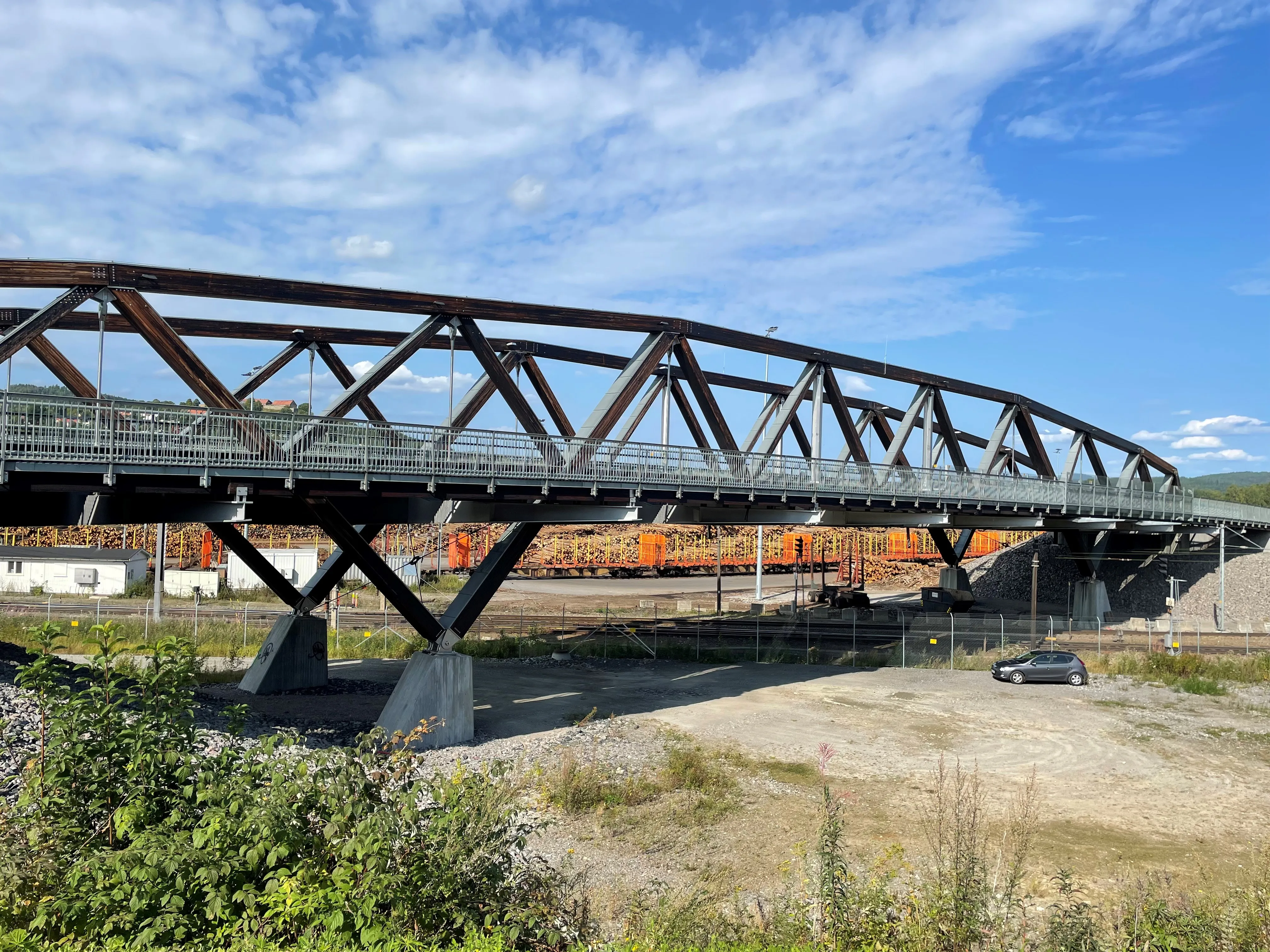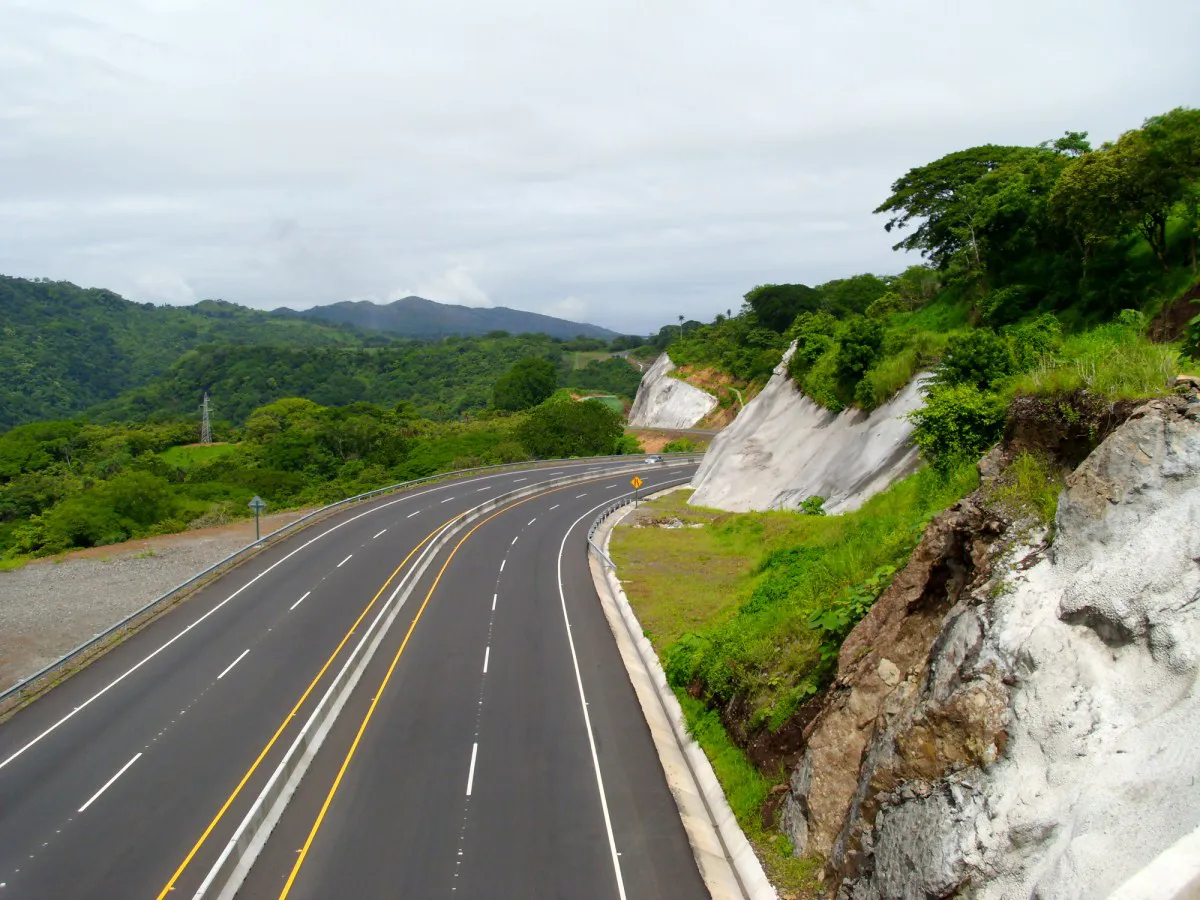National Post, 12 Jun 2012, online:-
Up to US$535.76million (CAD 550mn) has been offered by the Canadian government towards the US$973.75million (CAD 1bn) construction of Detroit River International Crossing bridge between Windsor, Ontario and the US city of Detroit. The construction of the bridge is due for completion by 2016.
June 19, 2012
Read time: 1 min
National Post, 12 Jun 2012, online:-
Up to US$535.76million (CAD 550mn) has been offered by the Canadian government towards the US$973.75million (CAD 1bn) construction of Detroit River International Crossing bridge between Windsor, Ontario and the US city of Detroit. The construction of the bridge is due for completion by 2016.
Up to US$535.76million (CAD 550mn) has been offered by the Canadian government towards the US$973.75million (CAD 1bn) construction of Detroit River International Crossing bridge between Windsor, Ontario and the US city of Detroit. The construction of the bridge is due for completion by 2016.








